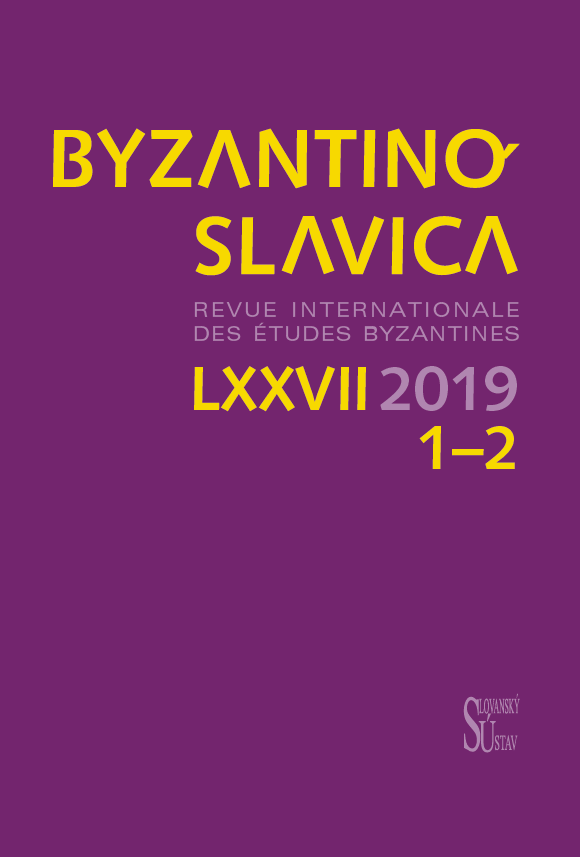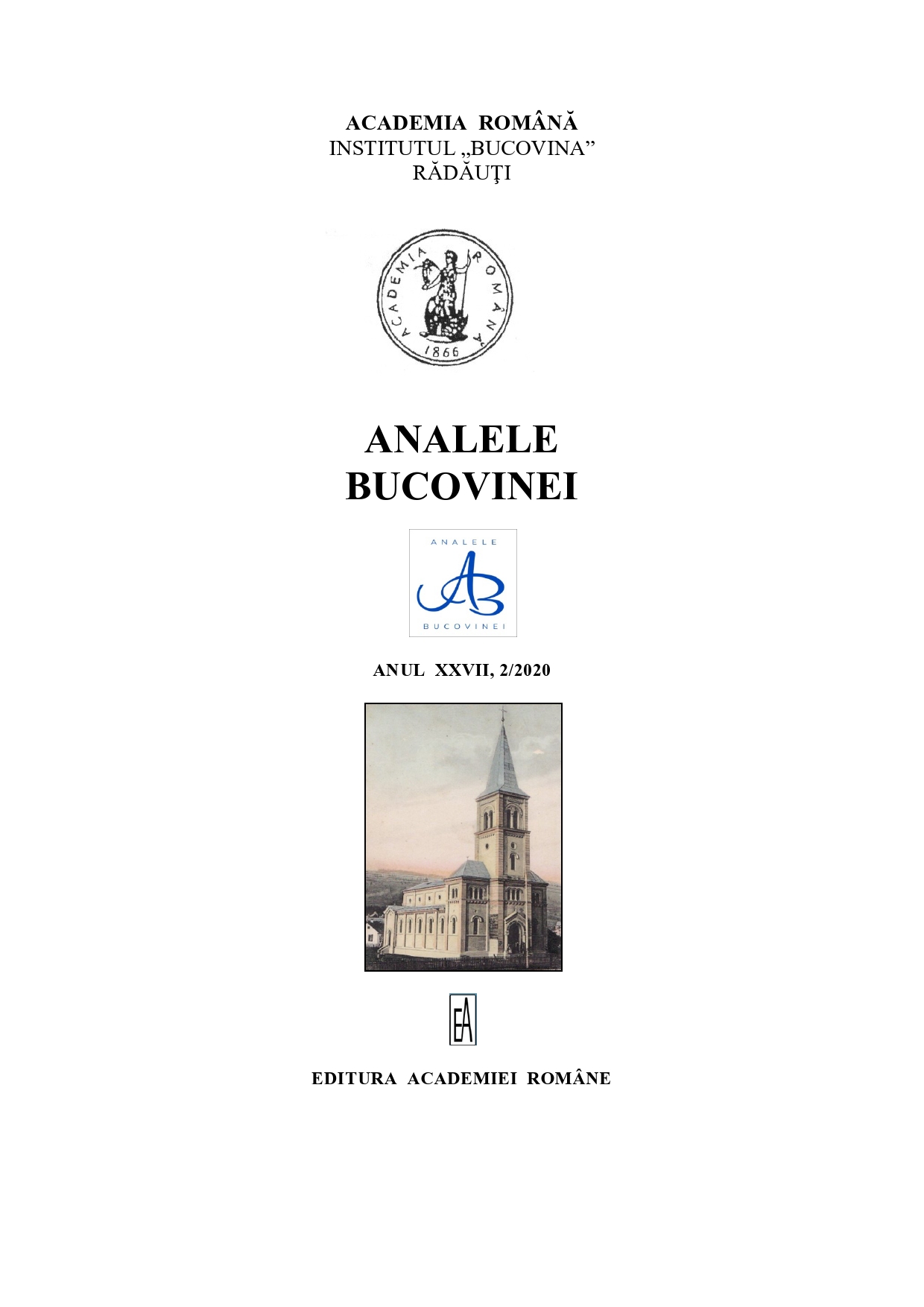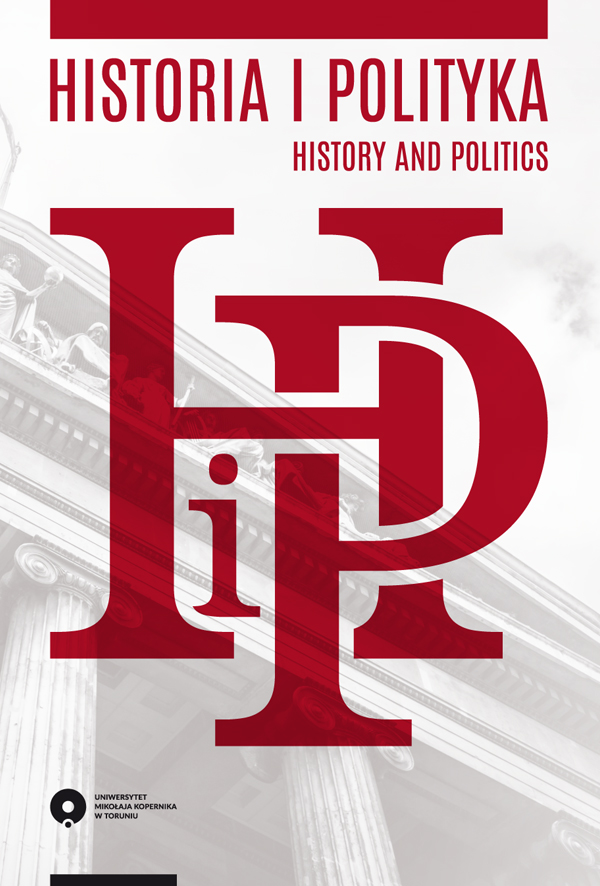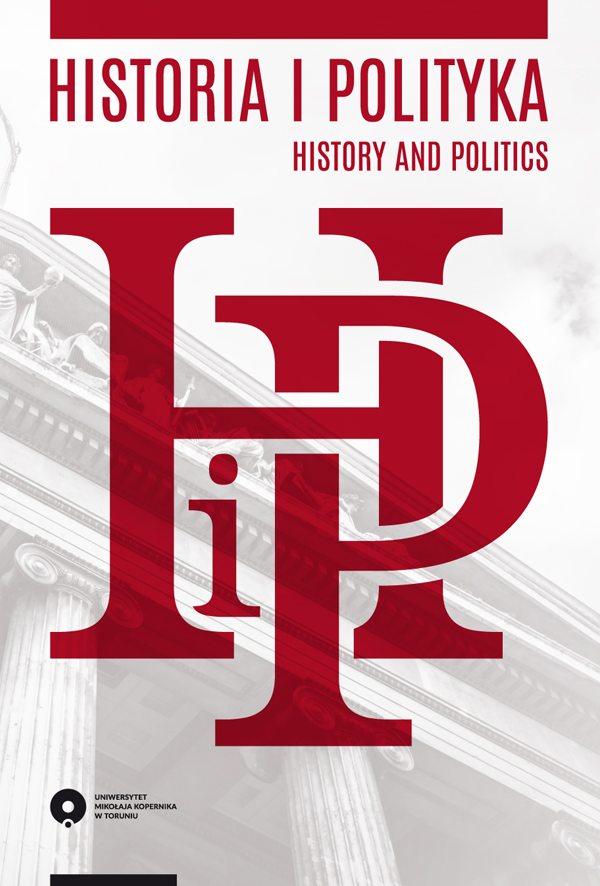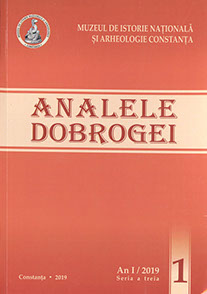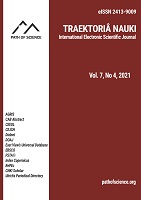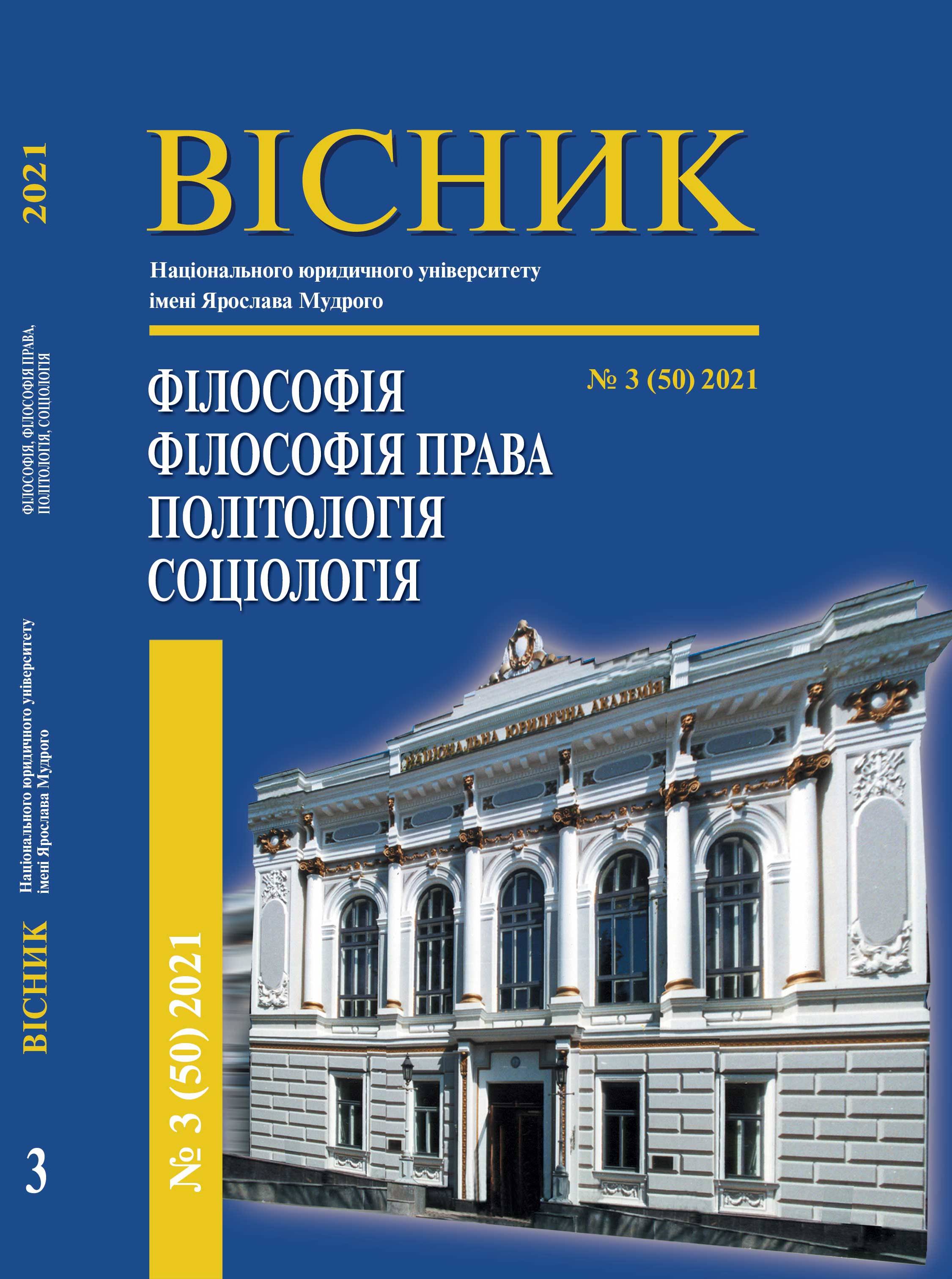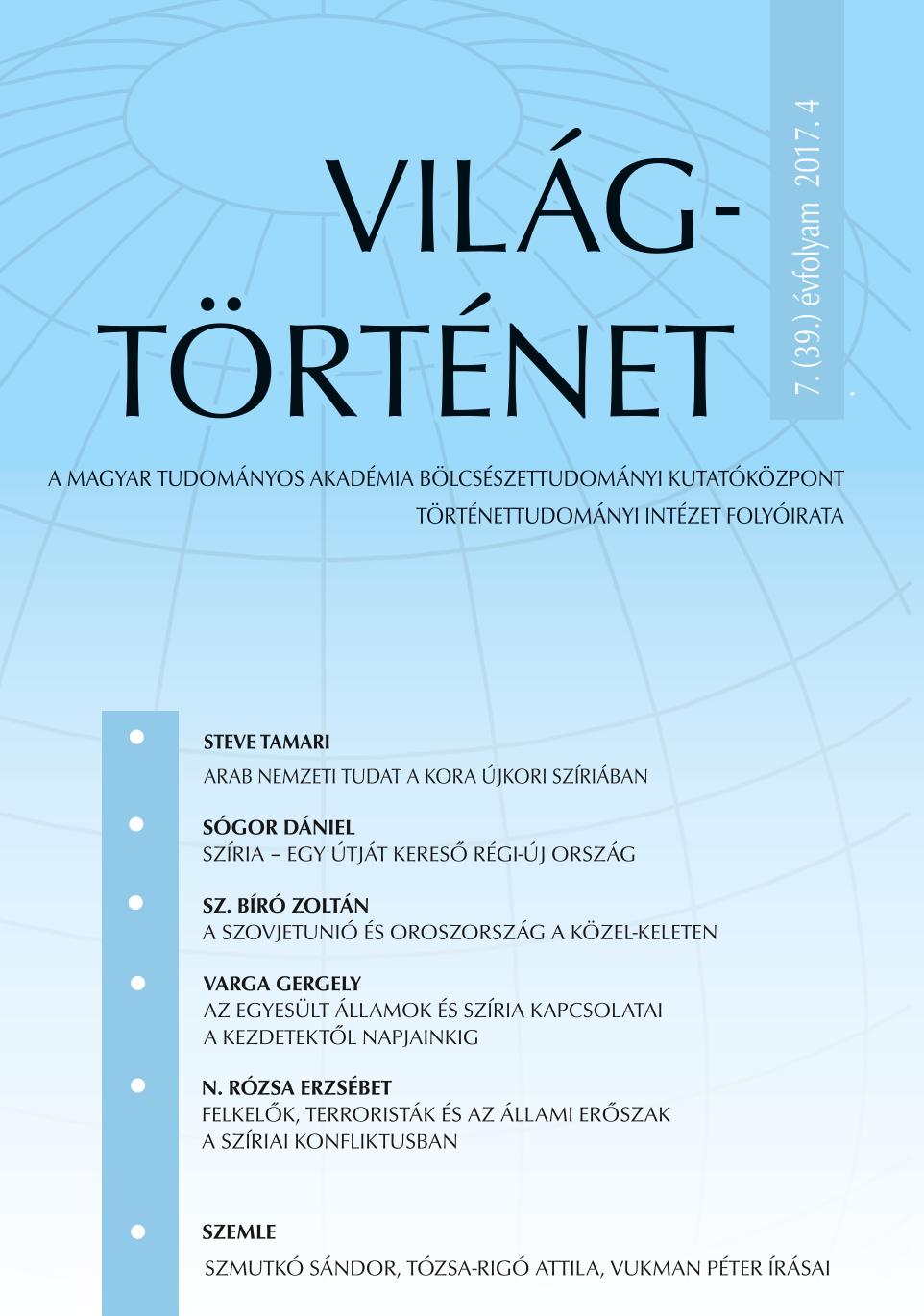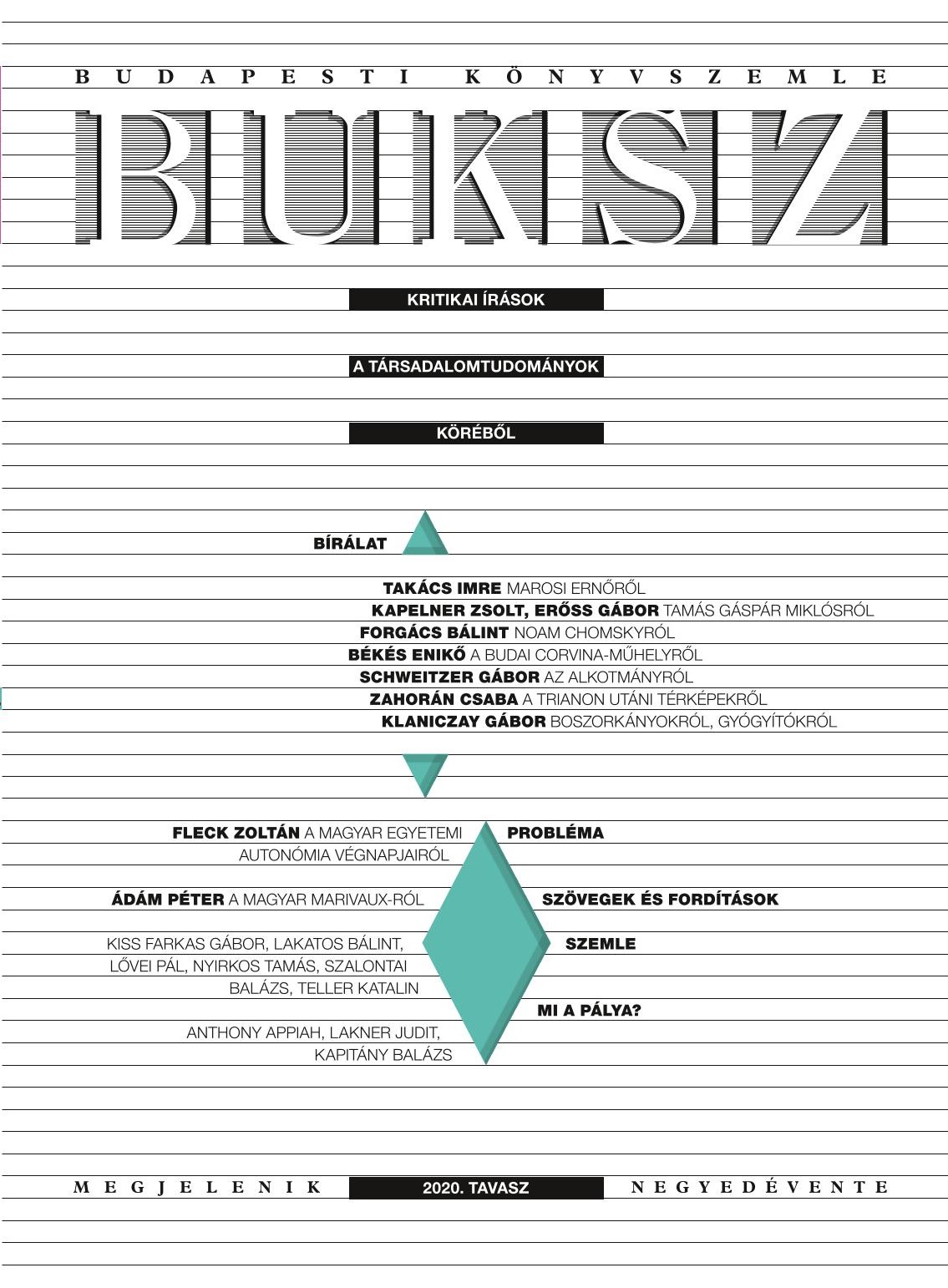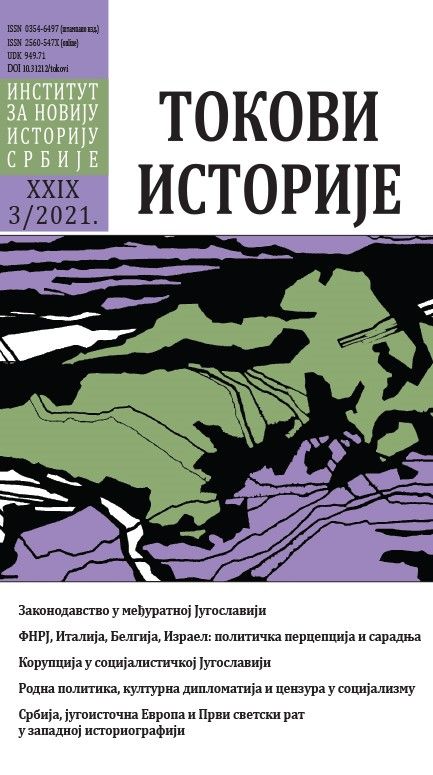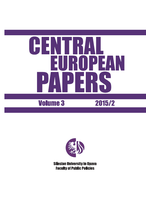
Paris Conference 1946 – organizational principles of the Peace Conference
The Paris Peace Conference 1946 in a significant manner interfered into the European andCentral European politics. It became a place of confrontation but also a place of formationof basic lines of post-war political orientation and international political status of participatingand involved countries. The preparations of peace agreements with Italy, Romania,Bulgaria, Hungary and Finland during the Potsdam Conference (July – August 1945) wasdelegated to the Council of Foreign Ministers, composed from representatives of SovietUnion, USA, Great Britain and China. The Council of Foreign Ministers submitted to theParis Peace Conference held from 29 June 1946 till 15 October 1946 elaborated proposals of peace agreements. The paper is dealing with mechanism of functioning of the Peace Conference (participants,invited states, relations toward hostile states). The paper is mapping overall activities ofPeace Conference, activities of individual institutions (the Committee of Conference, commissions(political and territorial, economic and special commissions such as the MilitaryCommission, the Commission for Processual Issues, the Comission for dealing with Press,the Editorial Commission, the Legal Commission and the General Commission), sub-commissionsand processual issues of Peace Conference activities.A special attention is given to the Political and Territorial Commission for Hungary, in frameof which were taken into consideration demands, additions and amendments brought-upby Czechoslovakia. In this context attention is given also Czechoslovak and Hungarian delegationsand conditions in which both delegations were working. Primary attention is givento Czechoslovak demands submitted to the Peace Conference.The Conference approved a list of recommendations to the peace agreements. Consequentlythe Council of Foreign Ministers elaborated definitive versions of peace agreementsduring the session in New York on December 1946. The signing of peace treatieswas done on 10 February 1947 in Paris.
More...
